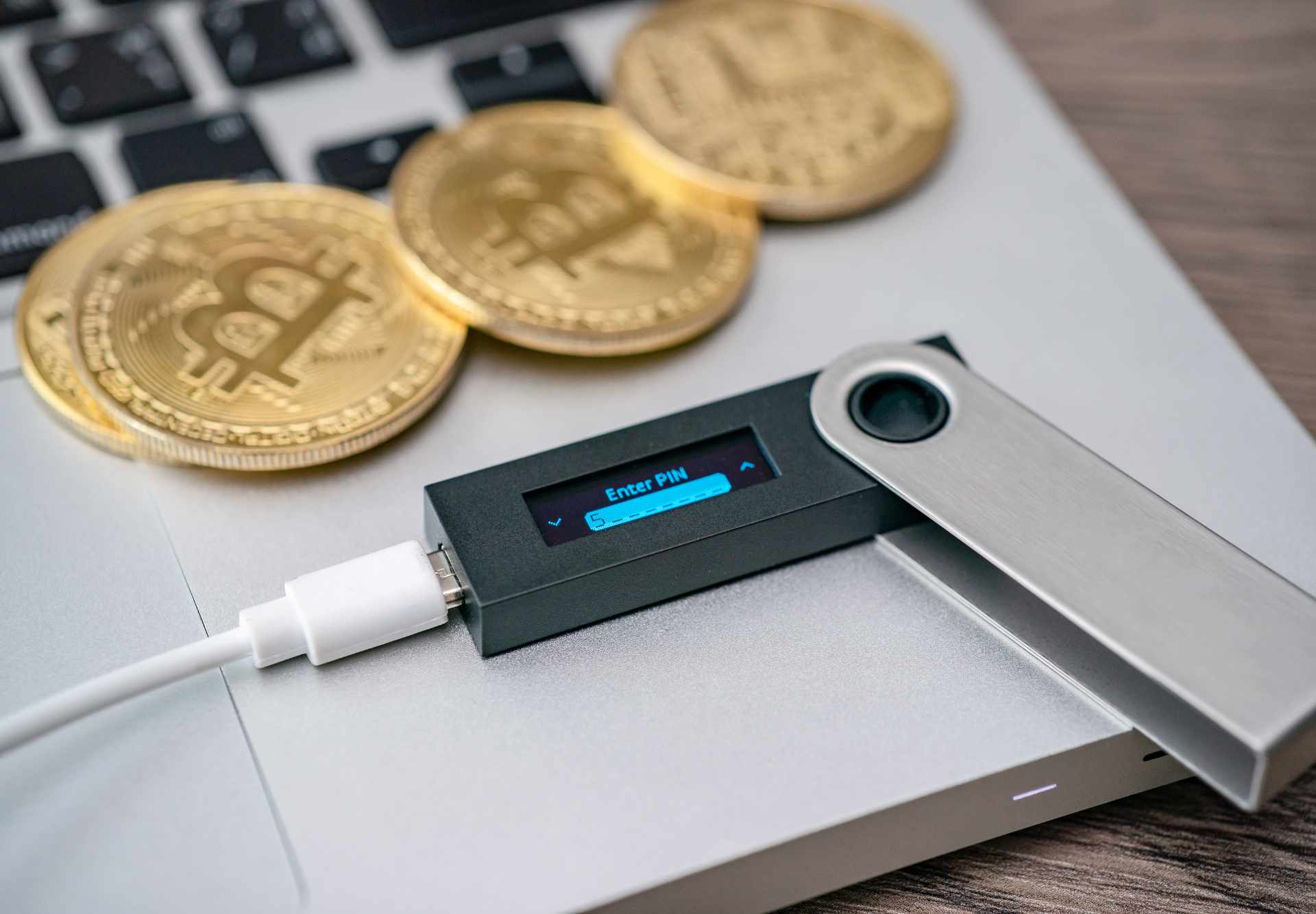Confidential coins represent a specialized group of cryptocurrencies dedicated to ensuring secure and anonymous transactions. Contrasting with the majority of cryptocurrencies, which make all transaction details publicly accessible on their blockchain, confidential coins employ various methods to conceal transaction particulars, such as the parties involved and the amount exchanged.
Crucial Characteristics of Confidential Coins
1. Concealment of Transactions: Confidential coins employ diverse methods to conceal transaction specifics. For instance, Monero utilizes ring signatures and stealth addresses to conceal the addresses of the sender and recipient, as well as the transaction value.
2. Interchangeability: Interchangeability denotes the ability to exchange individual units of a currency. Confidential coins are engineered to be interchangeable, signifying that each coin is identical and cannot be distinguished from any other, a key factor in preserving privacy and hindering the tracing of individual coins.
3. Decentralization: Similar to other cryptocurrencies, confidential coins are decentralized and function on a peer-to-peer network, meaning there is no central entity that could be forced to disclose transaction details or user data.
Advantages of Confidential Coins
1. Privacy: Confidential coins offer their users a heightened degree of privacy, shielding their financial transactions from inspection by governments, corporations, or malevolent entities.
2. Security: The privacy attributes of these coins also bolster security by making it arduous for adversaries to target users based on their transaction past.
3. Financial Independence: Confidential coins facilitate financial autonomy by empowering users to conduct transactions without censorship or intervention from central entities.
4. Diminished Risk of Blacklisting: Owing to the interchangeability of confidential coins and the absence of a transaction history linked to each coin, there is a diminished likelihood of coins being blacklisted or devalued due to their previous usage.
Challenges and Factors to Consider
1. Regulatory Examination: Due to their privacy attributes, confidential coins have encountered heightened regulatory examination and have been prohibited or limited in certain nations. Governments frequently voice apprehensions that confidential coins could be utilized for illicit activities, such as money laundering or financing terrorism.
2. Scalability: Analogous to other cryptocurrencies, confidential coins encounter challenges related to scalability. The privacy attributes often necessitate greater computational power and data storage, resulting in delayed transaction times and elevated fees as the network expands.
3. Adoption: Although confidential coins have a devoted user base that values privacy and anonymity, they have encountered obstacles in achieving broad adoption. This is partly attributed to regulatory limitations and partly to the fact that not all merchants or exchanges accept confidential coins.
4. Technological Intricacy: The technology underpinning confidential coins is often more intricate than other cryptocurrencies, making it challenging for non-technical users to comprehend and utilize.
Conclusion
Confidential coins provide a significant degree of privacy and security for their users, serving as a crucial instrument for financial autonomy and resistance to censorship. Nevertheless, they also encounter considerable challenges related to regulatory examination, scalability, adoption, and technological intricacy. As the regulatory landscape transforms and technological innovations address some of the current challenges, confidential coins hold the potential to occupy a pivotal role in the future of untraceable transactions.
Navigating the financial world often involves a trade-off between privacy and convenience. Traditional financial systems, while easy to use, often involve a high degree of surveillance and control. On the other hand, while cryptocurrencies offer a higher degree of privacy and autonomy, they can often be more challenging to use and understand. This trade-off is particularly relevant for privacy coins, which offer a high degree of privacy and security but face significant challenges in terms of regulatory scrutiny, scalability, and user-friendliness. Ultimately, the success of privacy coins will depend on the ability of developers and the community to address these challenges and create a user-friendly and scalable privacy-focused financial system.
As the global economy continues to evolve, privacy coins offer a promising avenue for those seeking financial freedom and privacy. While they face significant challenges, the potential benefits they offer make them an important and valuable tool in the evolving landscape of digital currencies. By addressing the challenges of regulatory scrutiny, scalability, and user-friendliness, privacy coins can provide a secure and private alternative to traditional financial systems, helping to shape the future of global finance.

